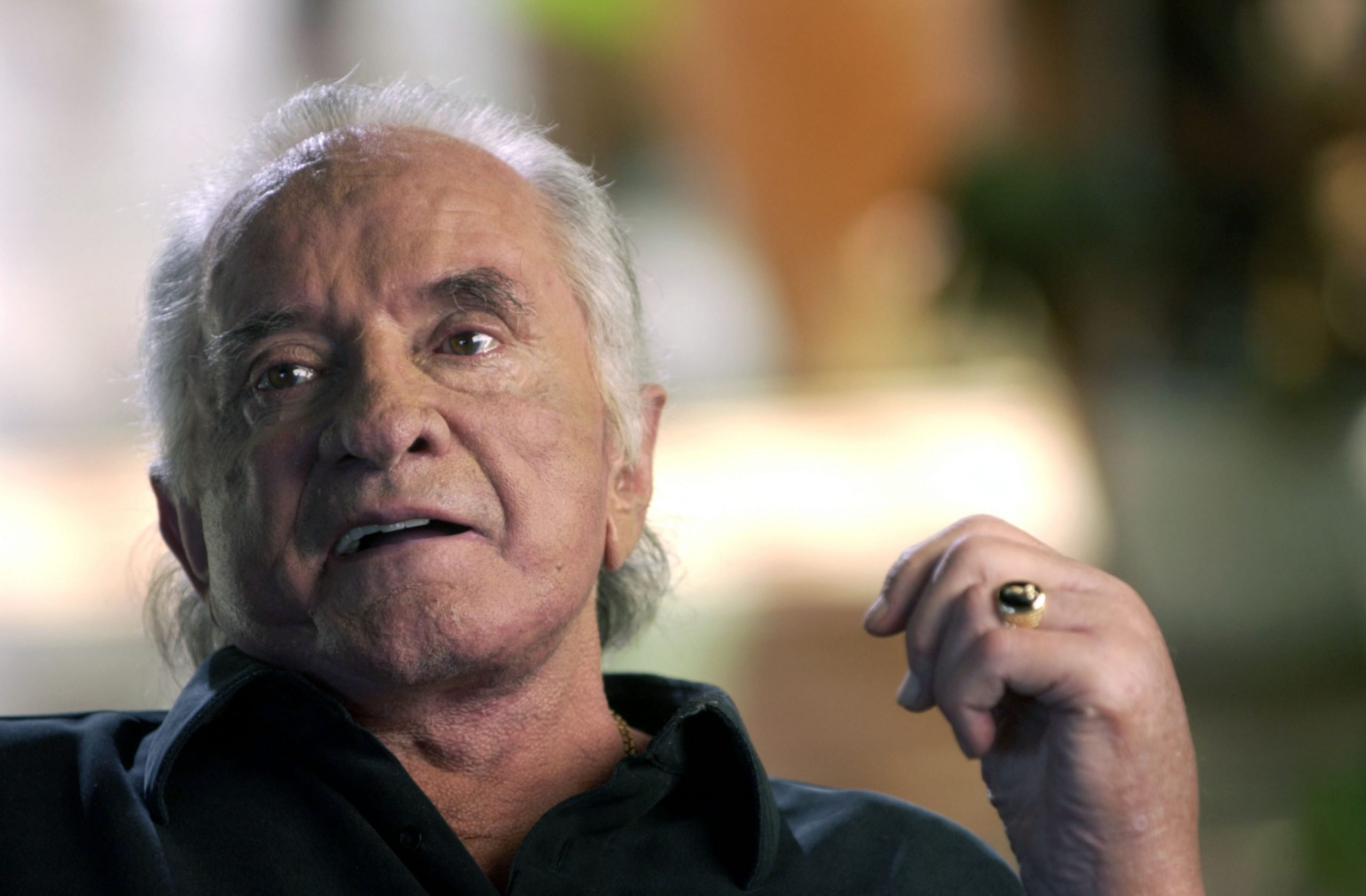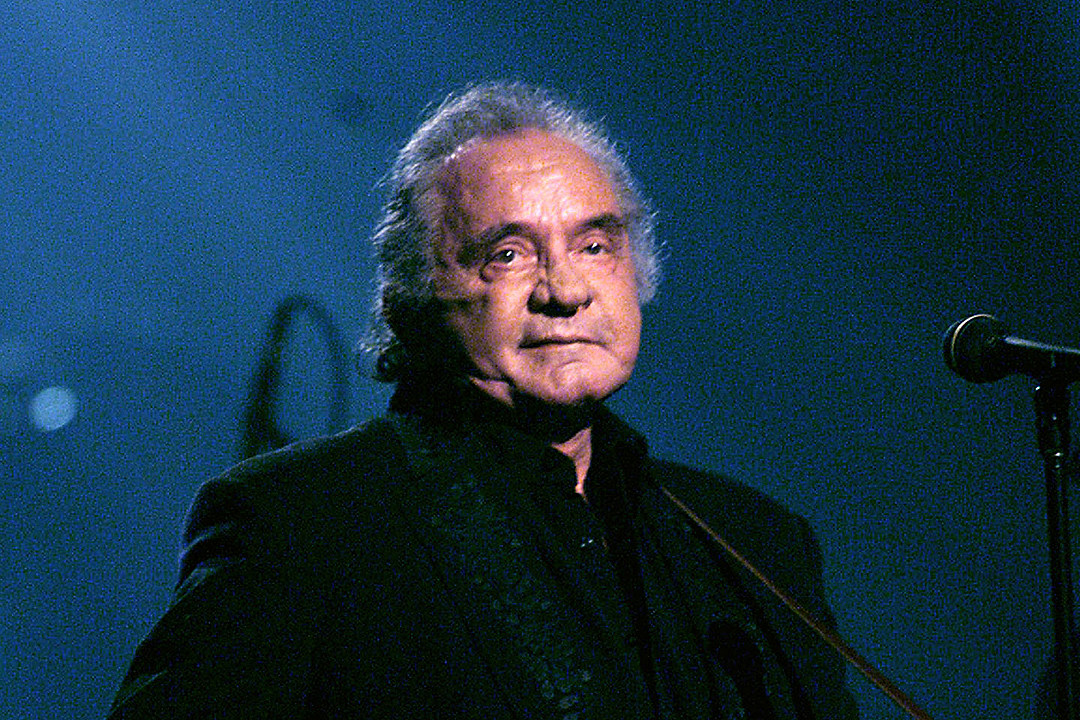The Life and Legacy of Johnny Cash: A Reflection on His Journey
Johnny Cash, a titan of 20th-century music, passed away at the age of 71, leaving behind a legacy marked by both triumph and struggle.
With over 90 million records sold, Cash became one of the best-selling artists in history, crafting songs that drew from personal experiences and vivid imaginations.
He was known not just for his music but for his rebellious spirit and social conscience, often performing for prisoners and even presidents.
Yet, beneath his celebrated exterior lay a turbulent life marred by addiction. Cash openly discussed his battles with personal demons, stating, “I had personal problems and bad habits that took a long time to break.”

His journey through addiction was both painful and profound, as he reflected on the intoxicating allure of pills, believing they made him feel invincible during his performances.
On September 12, 2003, news of Cash’s death was received with a mixture of sorrow and inevitability by those close to him. Just months earlier, he faced a devastating personal loss with the death of June Carter Cash, his beloved wife of 35 years.
The couple had created a musical dynasty together, with June being a significant pillar of support through Johnny’s darkest times.
Following her passing, friends and family worried about his ability to cope. In a testament to his resilience, Johnny returned to the studio just three days after her funeral, channeling his grief into his music.
Born on February 26, 1932, in Dyess, Arkansas, Johnny was the fourth of seven children in a devout family of cotton farmers. His upbringing was marked by hardship, including a violent father and the tragic death of his older brother, Jack, when Johnny was just 12.
This loss left an indelible mark on him, shaping his music and identity. He found solace in country and gospel music, creating what he referred to as “song poems” as a means of expression.

Johnny’s path to fame took a significant turn when he enlisted in the military, and later, at 22, he moved to Memphis to pursue music. It was here that he caught the attention of Sam Phillips of Sun Records, a label that would help launch the careers of icons like Elvis Presley and Jerry Lee Lewis.
In 1955, Cash released “I Walk the Line,” a song that skyrocketed him to fame, showcasing his distinctive sound and captivating lyrics that often explored themes of love, regret, and the human condition.
Throughout the 1960s, Cash’s reputation as an outlaw and a man of the people grew, particularly after recording a live album at Folsom Prison. This performance not only solidified his tough image but also revealed his empathy for the disenfranchised.
Despite his public persona, Cash grappled with his own vulnerabilities, including a dependency on prescription drugs, which escalated during his touring years.
As his health began to decline, the toll of decades of smoking, drug use, and a tumultuous lifestyle caught up with him.

In 1988, he underwent a double coronary bypass surgery, a wake-up call that did little to curb his unhealthy habits. Reports indicate that even on the day of his surgery, he sneaked out to smoke.
In his later years, Cash faced a barrage of health issues, including diabetes and pneumonia, which significantly affected his mobility and quality of life.
He continued to perform, but signs of his declining health became increasingly apparent, culminating in his final performance just weeks before his death.
Despite these struggles, Johnny Cash remained a beloved figure in music, admired for his authenticity and the raw emotion in his songs.
His story is not just one of fame and success, but also a poignant reminder of the fragility of life and the enduring power of music to heal and connect us all. As we remember Johnny Cash, we celebrate a man who was not only a musical genius but also a deeply human figure, navigating the complexities of life with a spirit that resonated with millions.





